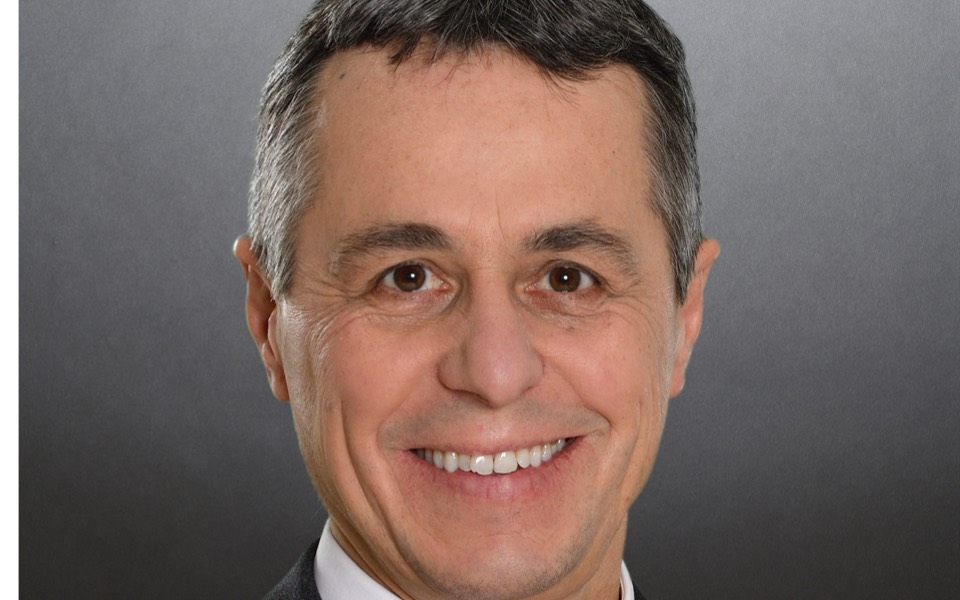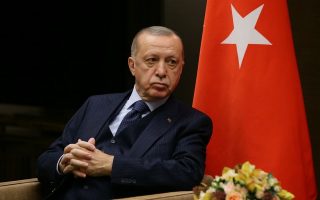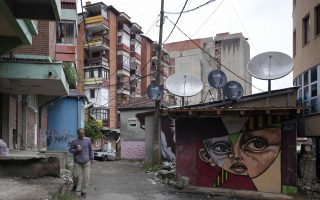Greece and Switzerland: Closely linked in history and partnership

Autumn 1813: The Napoleonic Wars are over, Europe is divided. In the midst of it all, a small confederation caught in a tug of war between the victorious powers. It is safe to say that Switzerland would not be the same country today if it were not for a young Greek who came to shape its story more than 200 years ago. His name? Ioannis Kapodistrias. Shortly after the end of the war, Tsar Alexander I sent the young diplomat to Europe with a simple assignment: to make Switzerland a neutral country. Against all odds and despite bitter fighting among the regions, Kapodistrias succeeded. He persuaded the cantons to sign a federal treaty and thus laid the basis for Switzerland’s neutrality.
“Born in a weakened, divided republic, familiar with the language of the people’s passions, Kapodistrias felt very much at home in the disputes that preoccupied the Helvetic Republic at the time.” It is this passion, as described by Elie-Ami Betant in his 1839 biography which made Kapodistrias not only a central figure in my country’s history, but also in his motherland. After Greece’s independence from the Ottoman Empire, Kapodistrias was appointed the first head of state of the young republic in 1828. In the end, he paid for his political fight with his life. However, his legacy lives on: in Greece, in Switzerland and in our long-standing partnership.
It gives me great pleasure to be able to welcome my Greek counterpart, Foreign Minister Nikos Dendias, to Bern today – in the very year we are celebrating the 200th anniversary of the start of Greece’s fight for independence. For two centuries, our two countries have stood side by side. For example, the Swiss Red Cross supported the suffering people of Greece during the Second World War and Switzerland offered protection to Greek political refugees during the junta. Recently, when Greece was confronted with major humanitarian disasters – the fire at the Moria refugee camp and the forest fires – Switzerland was proud to be among the first to send help.
It is not only humanitarian assistance, though. Our bilateral relations are deep and comprehensive in many areas – from culture to education and the economy. Thus, Switzerland is one of the four largest foreign investors in Greece. In addition, our shared values give us many opportunities to work together at a multilateral level – including in the context of Switzerland’s candidacy for the UN Security Council for the years 2023-24.
However, being closely linked by friendship does not mean being the same. Greece and Switzerland are close precisely because they cultivate their individuality. Although our two countries often stand up for the same interests and values, we do so in different ways. Take European policy as an example: While Switzerland opted for its own bilateral path early on, Greece has been an important member of the European Union for decades. Even though Switzerland chose the path of independence and has confirmed this path in the recent debate on the institutional agreement, Switzerland remains a strong European country. We continue to pursue our common goals – in climate and environmental protection, in promoting peace, security and human rights, and in combating poverty. Together we are committed to strong cooperation in the areas of health, regional development and migration. Switzerland has been supporting Greece in this area for years: Since 2014, we have pledged over 11 million euros to strengthen its asylum structures and we were part of the relocation program of refugees. Furthermore, the Swiss Parliament has decided to approve the second Swiss contribution – a project from which Greece will also benefit.
Switzerland has always seen itself as part of the European community and wants to continue working together with its European friends in creating a modern and peaceful world. To achieve this, willingness and commitment on both sides are crucial. Switzerland expects the bilateral agreements to be applied by both sides and updated in the event of relevant developments in EU law. In the end, it is in all our interests if the EU and Switzerland succeed in continuing on their common path. That way we all win: as a free continent and as independent state. Very much in the spirit of Ioannis Kapodistrias!
Ignazio Cassis is the Vice President and Foreign Minister of Switzerland.





